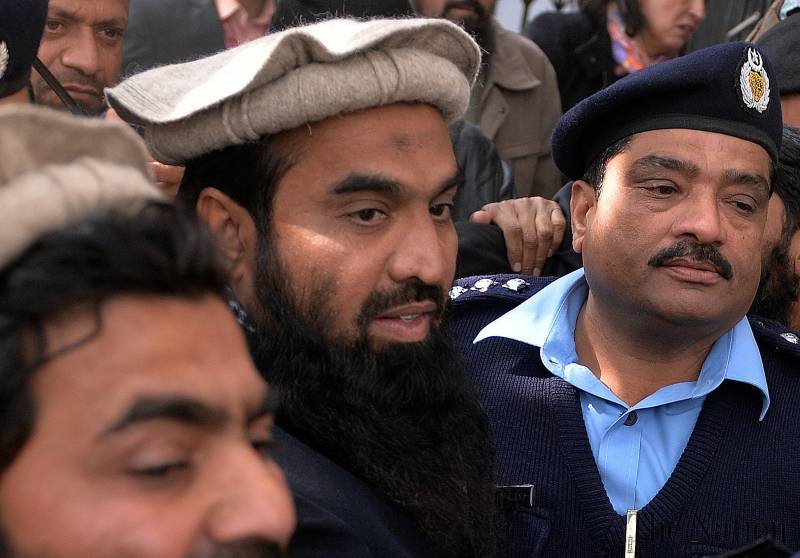He is accused by India for being the mastermind behind the Mumbai attacks in 2009, which left 164 dead. The US concurs. His name sits on international criminals lists. The organization that he belongs to, Lashkar-e-Tayyaiba (LeT), has been outlawed by Pakistan and yet, there is just not enough evidence to extract a conviction against Zakiur Rehman Lakhvi from a court of law. Having been conditionally released by the Islamabad High Court (IHC) in the Mumbai attack case, leading to a protest by India and many at home, he has been rearrested by the police, for allegedly kidnapping a man identified as Anwar, six years ago. It remains to be seen whether he will be convicted on these fresh charges, but it is highly unlikely.
The skepticism surrounding the case has much to do with the country’s dubious policy towards non-state actors. Jamat-ud-Dawa, the political, philanthropic face of the LeT, continues to operate with impunity in Pakistan. Hafiz Saeed’s sermons calling for jihad against India, US and Israel are a regular phenomenon, attended by thousands, and even aired on national television. Be it floods or any other catastrophe, JuD’s relief workers can be found offering their services to the affected. It would make sense if Hafiz Saeed was Edhi, but he’s not. It would make sense if his sermons called for alleviating human suffering, not causing it. While the state continues to offer him patronage, it is rather difficult to imagine that it would be enthusiastic about taking those to task who act on Mr Saeed’s teachings. The state doesn’t have to actively disrupt the judicial process to prevent Zakiur Rehman Lakhvi from being held accountable; it can do so by omission. From the prosecution team to the judges hearing the case, everyone feels insecure and for good reason. They require protection, assistance and backing from the state, and in the absence of such, they will not yield results.
It has been suggested that following the Peshawar incident, there is a shift in policy. The change will manifest itself gradually as the state is just not capable of dismantling the powerful network it has set up over decades. The last time it attempted to force its decision on good militants, they turned bad. Acting against organisations such as JuD involves the same, very real, risk. The argument is that Hafiz Saeed’s presence in the public domain is not necessarily a sign of state complicity, but its incapability. And as soon as it is done with those currently fighting against it, it will come around to dealing with the likes of JuD. What is true and what is fiction will eventually become clear.
Friday, April 19, 2024
Lakhvi Arrested, Again

King Charles's cancer ‘eating him alive,' monarch unable to perform duties: Insider
1:02 AM | April 19, 2024
Mehwish Hayat says she would like to work with Aamir Khan
9:59 PM | April 18, 2024
What caused record-breaking rainfall in UAE?
9:58 PM | April 18, 2024
Donald Trump discusses Ukraine, Middle East, NATO with Polish President Duda
9:57 PM | April 18, 2024
'That'll be awesome,' Rohit Sharma on idea of Pakistan vs India Test series
9:17 PM | April 18, 2024
Hepatitis Challenge
April 18, 2024
IMF Predictions
April 18, 2024
Wheat War
April 18, 2024
Rail Revival
April 17, 2024
Addressing Climate Change
April 17, 2024
Justice denied
April 18, 2024
AI dilemmas unveiled
April 18, 2024
Tax tangle
April 18, 2024
Workforce inequality
April 17, 2024
New partnerships
April 17, 2024
ePaper - Nawaiwaqt
Advertisement
Nawaiwaqt Group | Copyright © 2024





